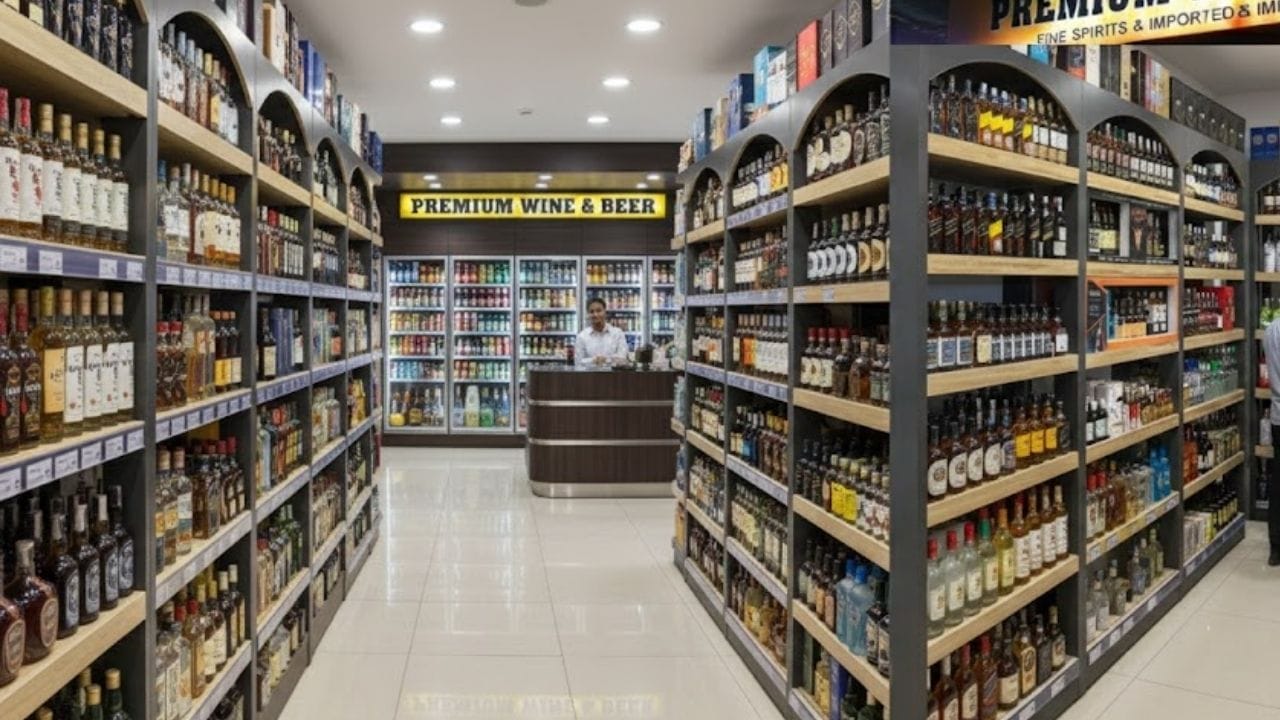What needs to be done if you want to open a liquor shop?
It is often seen that people consider liquor business as a profitable deal. The common belief is that once a liquor shop or ‘theka’ is opened, rivers of income will start flowing. But, on the ground of reality this picture is a little different. Opening a liquor shop is not a child’s play, nor is it done by just throwing money at it. This is a crown full of thorns, which to wear, one has to go through strict conditions of the government, legal complications and a huge investment.
Lottery system opens the way for shops
First of all, remove this misconception that you will go to an office, deposit money and you will get the keys to the shop. The government follows a highly transparent but complex process for allotment of liquor shops, called the ‘e-lottery’ system.
Every year the Excise Department invites applications for licenses of shops. The interested person has to first register himself by visiting the official website of the department. But wait, not everyone is eligible for this. The age of the applicant should be at least 21 years. Apart from this, it is mandatory for the applicant to have a clean character. If you have any serious criminal case registered against you, you will already be out of this race. Apart from this, in some states, liquor shops are allotted through auction. That means only the one who bid the highest will get the license.
Should have 15 to 20 lakh rupees in pocket
To start this business, you should have a good amount of money in your pocket. The expenses can be divided into two parts, government fees and setup expenses.
If we look at government figures and rules, the license fee depends on the category of the shop. If you want to open a retail shop of only beer or English liquor, then you will have to pay around Rs 1,50,000 for the license. But, if you plan to open a ‘permit room’ (where people can sit and drink alcohol), then this expense can increase to around Rs 5,44,000. The application fee may vary from district to district.
These should also increase – this rum has been dominant for 170 years, its dominance begins as soon as winter arrives.
The real expense starts after getting the license. You need a suitable space for the shop (your own or rented), which follows the standards of the Excise Department. After this, electricity-water bills, salaries of employees and the most important thing, the initial stock of liquor. Large capital is required to replenish the stock. Overall, if you are planning to enter this business, then assume that you will have to have a budget of at least Rs 15 to 20 lakh.
The real test begins now
Even if you win the lottery and have deposited the money, there is no time to breathe a sigh of relief. Liquor business is under strict supervision of the government. After getting the license, you are given a long list of rules.
The strictest rule is age. It is a legal offense to sell alcohol to anyone under the age of 18 years. If this is found happening at your shop, it will not take long for the license to be cancelled. Apart from this, the district administration decides the time of opening and closing of the shop. You cannot lift the shutter on your own will.
The government is also strict regarding the price. You cannot charge even one rupee more than the fixed MRP. Licenses of shops have often been seen suspended on complaints of overrating. Therefore, this business demands discipline.
Shop closed if renewal is not done
Another major condition of the liquor license is that it is not for life. Its validity is only for one financial year (one year). As the year comes to an end, you have to go through the process of license renewal.
If you do not deposit the renewal fees on time or do not complete the paperwork, your moving business may come to a standstill. In such a situation, you may have to get entangled in the maze of the entire process i.e. application and lottery. Therefore, this is a business where you have to refresh your credentials and your contract with the government every year.
